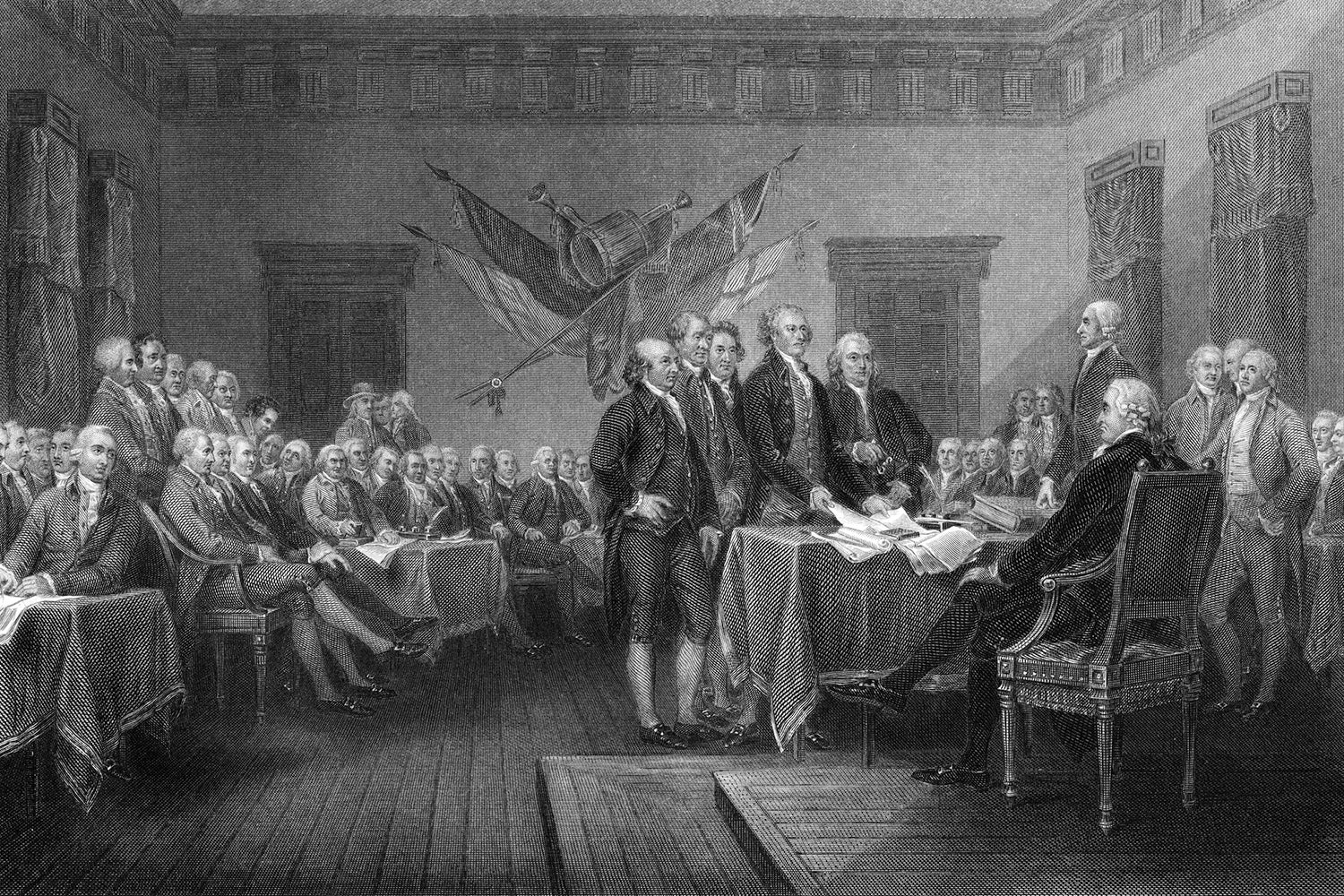George Washington, an iconic figure in American history, is widely regarded as the Founding Father of the United States. His leadership, courage, and dedication played a pivotal role in shaping the nation’s destiny. In this comprehensive article, we will delve into the life, achievements, and legacy of George Washington, exploring his journey from a young Virginia planter to the first President of the United States.
Early Life and Education
George Washington was born on February 22, 1732, in Westmoreland County, Virginia. He grew up in a modest household on the banks of the Potomac River. Despite the death of his father at a young age, Washington received a quality education, primarily through home tutoring and self-study. His early exposure to the principles of leadership and governance would shape his future endeavors profoundly.
Military Career and the Revolutionary War
Washington’s military prowess became evident during the French and Indian War, where he gained valuable experience as a young officer in the British Army. His strategic acumen and courage on the battlefield earned him recognition and respect. However, it was during the American Revolutionary War that Washington truly distinguished himself as a military leader.
In 1775, the Continental Congress appointed Washington as Commander-in-Chief of the Continental Army. Facing formidable challenges, including lack of resources and training, Washington demonstrated remarkable resilience and determination. His leadership was instrumental in securing key victories such as the Battle of Trenton and the Siege of Yorktown, leading to the eventual defeat of the British forces and the independence of the United States.
Political Career and Presidency
Following the successful conclusion of the Revolutionary War, Washington retired to his estate in Mount Vernon, hoping to live out his days as a gentleman farmer. However, his country called upon him once again to serve as the presiding officer of the Constitutional Convention in 1787. His leadership and wisdom were crucial in drafting the United States Constitution, laying the foundation for the nation’s democratic governance.
In 1789, George Washington was unanimously elected as the first President of the United States. His presidency was marked by numerous challenges, including establishing a stable federal government, navigating foreign relations, and managing domestic unrest. Despite these obstacles, Washington’s steadfast leadership and commitment to the principles of democracy earned him the admiration of his contemporaries and future generations alike.
George Washington was a prominent figure in American history who played a pivotal role in shaping the nation’s identity. Here’s a summary of his achievements:
Military Leader:
- Commander-in-chief of the Continental Army during the American Revolutionary War (1775-1783).
- Led the colonists to victory against the British, securing American independence.
- Displayed strategic thinking, battlefield courage, and the ability to unify a diverse group of soldiers.
Founding Father:
- Presided over the Constitutional Convention in 1787, which drafted the U.S. Constitution.
- Served as the first President of the United States from 1789 to 1797.
- Established precedents for the presidency and helped lay the foundation for a stable and democratic government.
Other Accomplishments:
- Prominent planter and entrepreneur in Virginia.
- Advocate for westward expansion and exploration.
- Respected figure known for his integrity, leadership, and commitment to republican ideals.
Legacy:
- Considered the “Father of the United States” for his contributions to the nation’s founding and development.
- His image and likeness are featured on various U.S. currency and monuments, including the $1 bill and the Washington Monument.
- His leadership and legacy continue to inspire Americans today.
I hope this summary provides a helpful overview of George Washington’s life and achievements. Feel free to ask any further questions you may have!
Legacy and Impact
George Washington’s legacy extends far beyond his lifetime. His unwavering dedication to the ideals of liberty, justice, and unity continues to inspire people around the world. As a symbol of American democracy, his image adorns currency, monuments, and institutions across the nation. His Farewell Address, delivered at the end of his presidency, remains a timeless piece of wisdom, advocating for national unity and the importance of upholding the Constitution.
Conclusion
In conclusion, George Washington’s contributions to the United States are immeasurable. From his early days as a Virginia planter to his historic presidency, he exemplified the virtues of leadership, integrity, and patriotism. As we reflect on his life and legacy, let us honor his memory by striving to uphold the values that he held dear. George Washington will forever be remembered as a founding father, a military hero, and a visionary leader who helped shape the course of history.
Frequently Asked Questions (FAQs) About George Washington
1. Was George Washington the first President of the United States?
- Yes, George Washington served as the first President of the United States from April 30, 1789, to March 4, 1797.
2. What role did George Washington play in the American Revolutionary War?
- George Washington served as the Commander-in-Chief of the Continental Army during the American Revolutionary War. His leadership was instrumental in securing key victories and ultimately achieving independence from British rule.
3. What were some of George Washington’s significant achievements as President?
- As President, George Washington played a crucial role in establishing the foundations of the federal government, including the ratification of the United States Constitution and the establishment of key governmental departments. He also implemented economic policies, such as the establishment of the First Bank of the United States, and navigated the challenges of early foreign relations.
4. How did George Washington’s Farewell Address shape American politics?
- George Washington’s Farewell Address, delivered at the end of his presidency, Click Here, emphasized the importance of national unity, political moderation, and adherence to the Constitution. It set a precedent for peaceful transitions of power and has been regarded as a guiding principle for American foreign policy.
5. What was George Washington’s stance on slavery?
- While George Washington owned enslaved individuals throughout his life, he expressed conflicted views on the institution of slavery. In his later years, he voiced concerns about its moral and economic implications but took few concrete actions to abolish it.
6. How is George Washington commemorated in the United States today?
- George Washington is commemorated through numerous monuments, memorials, and institutions across the United States. His image appears on the one-dollar bill and the quarter, and his name adorns countless schools, streets, and landmarks.
7. Did George Washington have any lasting impact on American society beyond his presidency?
- Yes, George Washington’s legacy extends far beyond his presidency. His leadership during the Revolutionary War, his contributions to the drafting of the Constitution, and his commitment to democratic principles have left an indelible mark on American society and politics.
8. How can I learn more about George Washington’s life and legacy?
- To delve deeper into George Washington’s life and legacy, consider visiting historical sites such as Mount Vernon, exploring online archives of his writings and correspondence, and reading biographies written by renowned historians.











